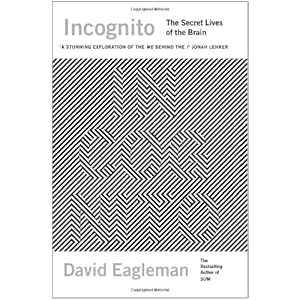Incognito even from ourselves? But …

“Are we all travelling “incognito“, my latest at MercatorNet June 21, 2011), looks at Baylor College of Medicine neuroscientist David Eagleman’s book Incognito, focusing on his proposed neuroscience fix for criminal law:
“Those who break the social contracts need to be warehoused, but in this case the future is of more importance than the past.”
“Warehoused”? How, exactly, is that a reform? We are also told that a criminal’s “actions are sufficient evidence of a brain abnormality, even if we don’t know (and maybe will never know) the details.” Yes, but one may as well say that a criminal’s “actions are sufficient evidence of infestation by Square Circle Disease, even if we don’t know (and maybe will never know) the details.”
More. Also:

 In
In 